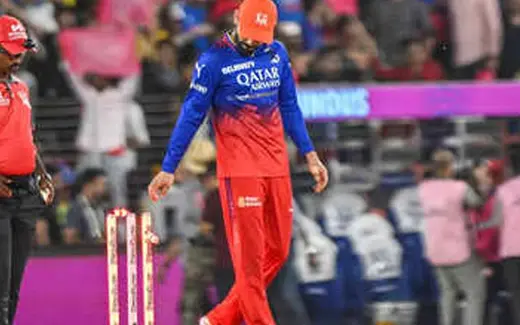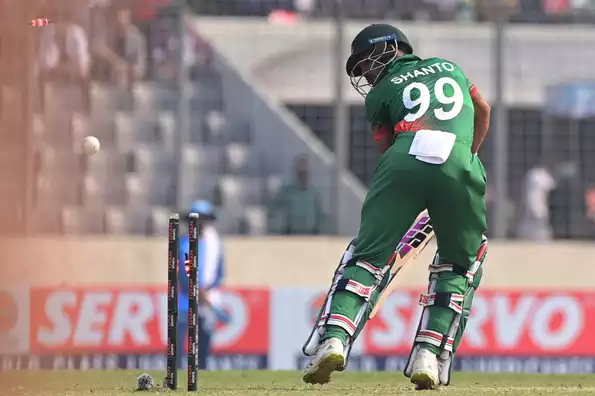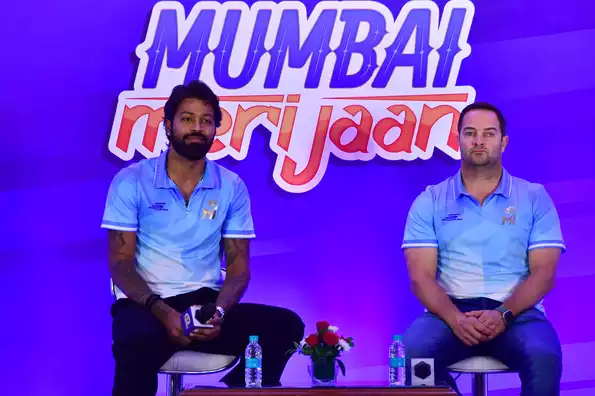Franchise-based It’s very unlikely who T20 leagues will enact player-cap restrictions. Even if someone made the decision, considering its unlikelihood, they would probably make it for upcoming seasons rather than indefinitely.
It will not be expected that any decisions made at the International Cricket Council’s (ICC) Annual Conference in Durban, South Africa, next month will have an impact on the Major League Cricket (MLC) in the US and the ILT20 in the UAE, two competitions that have come under intense scrutiny as a result of changes in international cricket over the past year (read: player exodus). The International Cricket Council (ICC) granted both leagues permission to continue on with their current operations.
Critics have criticized these two matches for attracting a disproportionate amount of international participants. The ILT20 permits nine foreign players, as the MLC permits just six. (In the IPL, PSL, SA20 and CPL, the number is invariably four; in the Hundred and the BBL, the permitted number of overseas players in the XI is three). The ICC just held a working group conference in London to offer suggestions for international franchise league legislation. A number of full member boards requested a working group out of concern.
The conference, held in conjunction with the World Test Championship (WTC) final in London, apparently hosted many discussions on the topic. The Chief Executives Committee (CEC) meeting, taking place in Durban the following month, will cover these subjects in greater detail. Because many view the argument that changing the regulations will protect Test cricket, especially in this context, as ludicrous, it is premature to anticipate any changes to the rules at this time.
Many working group students, particularly those from England and the West Indies, contended that there should only be four initial international/full members. Another idea suggested mandating that every single international player give 10% of the league fee to the national governing body.
The boards asking ratifying of the rules are specifically Cricket West Indies (CWI), the England and Wales Cricket Board (ECB), and New Zealand Cricket (NZC). Because of certain players’ tendency to put their responsibilities to their country before those to franchise leagues. The CWI and the players’ union have been at odds for a long time. When a player by the name of Jason Roy didn’t sign an additional contract for inclusion in the MLC, the ECB found themselves in a strange situation. NZC has seen similar issues as a result of players like Trent Boult decreasing core contracts.
Some argue that each board should settle player requirements by itself, possibly without consulting the ICC. Next meeting, set for the next month, will discuss this subject.
The suggestions of the working group would not alter the IPL. Previously, the IPL allowed individuals to sign not over five foreign players . They pay their boards 20% of their revenue, with the rest, or 80%, going to the BCCI and the franchises. However, in recent years, franchises have become the worldwide boards’ only sources of income. But the BCCI adopted a firm stance. Finally, it did not want the ICC to meddle in the member boards’ domestic leagues. Wherever ,It has noted that rule change shouldn’t stop people from playing the game.
In response to the ILT20 and the MLC, the ICC may have to make a challenging choice. To avoid any potential legal issues in the future, the ICC prefers granting permission instead of revoking it, considering that these leagues have already been granted a license.
The working group consists of Johnny Graves from the CWI. Mubashir Usmani from the Emirates Cricket Board, Warren Deutrom from Cricket Ireland. Nicky Hockley from Cricket Australia, and Arun Singh Dhumal from the Board of Control for Cricket in India. The organizers welcomed Richard Gould of the ECB and David White of the NZC as special visitors. Wasim Khan, general manager at the ICC, too was present at the meeting in London.





